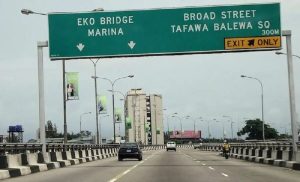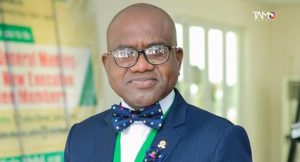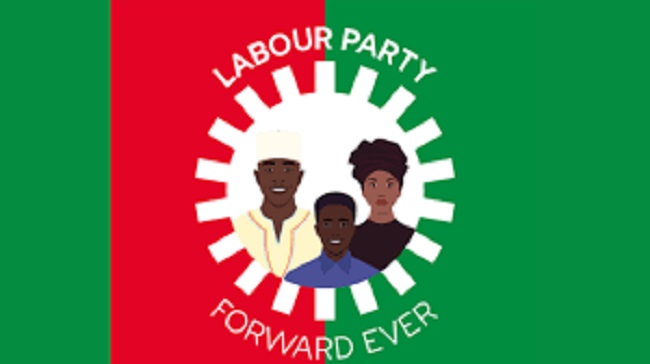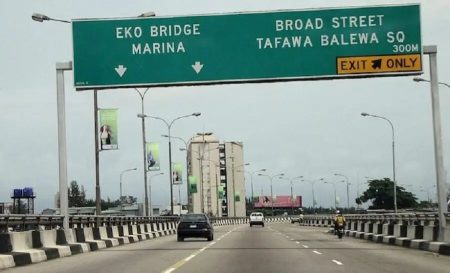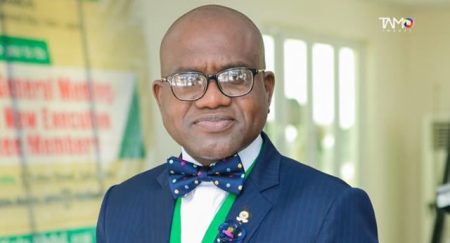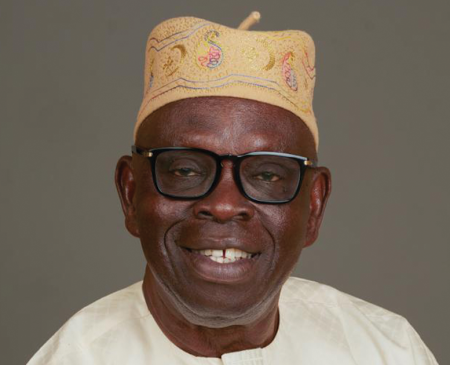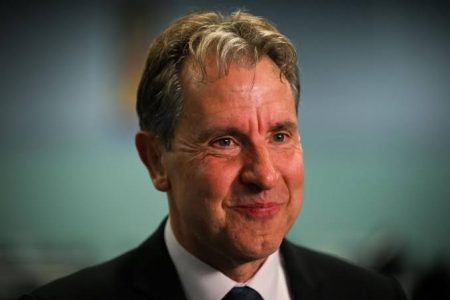The Labour Party’s scheduled governorship primaries in Anambra State, slated for Saturday, April 5, 2025, have been plunged into disarray following a Supreme Court ruling that removed Julius Abure as the party’s National Chairman. This unexpected development on the eve of the primaries has sparked confusion and conflicting statements within the party’s ranks, leaving both aspirants and supporters in a state of uncertainty. The conflicting narratives emanating from different factions within the Anambra State chapter of the Labour Party have further muddied the waters, creating a chaotic atmosphere surrounding the primaries.
The crux of the confusion lies in the interpretation and implications of the Supreme Court’s ruling. While some party officials, including the acting Anambra State Chairman, Peter Okoye, maintain that the primaries have been postponed indefinitely due to the change in national leadership, others, such as party chieftain Gabriel Okam, insist that the primaries will proceed as planned. Okoye argues that any primaries conducted under the previous leadership would be invalid, emphasizing the need to await directives from the newly appointed acting National Chairman, Senator Nenadi Usman. Conversely, Okam dismisses suggestions of postponement, claiming that all logistical arrangements are in place and the two screened aspirants are prepared for the contest. This divergence in interpretation highlights the internal power struggle and lack of clear communication within the party.
The contradictory statements issued by party officials have sown confusion amongst party members and aspirants. This lack of clarity has created an environment of distrust and suspicion, potentially jeopardizing the integrity and credibility of the primary process. The competing claims regarding the status of the primaries also raise concerns about the potential for parallel primaries, further fracturing the party and undermining its chances in the upcoming governorship election. The absence of a unified voice and a definitive statement from the national leadership exacerbates the situation, leaving stakeholders with no clear direction.
Adding to the complexity of the situation is the apparent disconnect between the Anambra State chapter and the national secretariat. While the state chapter grapples with the implications of the Supreme Court ruling, the national secretariat, now under new leadership, has yet to issue a clear and unambiguous statement regarding the Anambra primaries. This lack of communication and coordination between the two levels of the party further fuels the confusion and raises questions about the overall organizational capacity of the Labour Party. The absence of a clear chain of command and a well-defined decision-making process has left the Anambra State chapter in a state of paralysis, unable to proceed with the primaries or provide definitive answers to the numerous questions swirling around the event.
The unfolding drama within the Labour Party underscores the challenges facing Nigeria’s political landscape. Internal power struggles, legal battles, and a lack of internal democracy often plague political parties, often at the expense of the electorate. The confusion surrounding the Anambra primaries highlights the fragility of the party system and the need for stronger internal mechanisms to resolve disputes and ensure a transparent and credible electoral process. The current impasse within the Labour Party not only threatens to derail its chances in the Anambra governorship election but also raises broader concerns about the stability and maturity of Nigeria’s democratic institutions.
The fate of the Labour Party’s Anambra governorship primaries hangs in the balance. The conflicting statements, internal power struggles, and lack of clear communication have created a volatile and uncertain situation. The party’s ability to navigate this crisis will be a crucial test of its internal cohesion and its capacity to function as a viable political force. The outcome of this internal wrangling will have far-reaching implications, not only for the Labour Party’s prospects in the Anambra elections but also for the broader political landscape of Nigeria. The need for a swift and decisive resolution to this impasse is paramount, both for the sake of the party and for the integrity of the democratic process.


